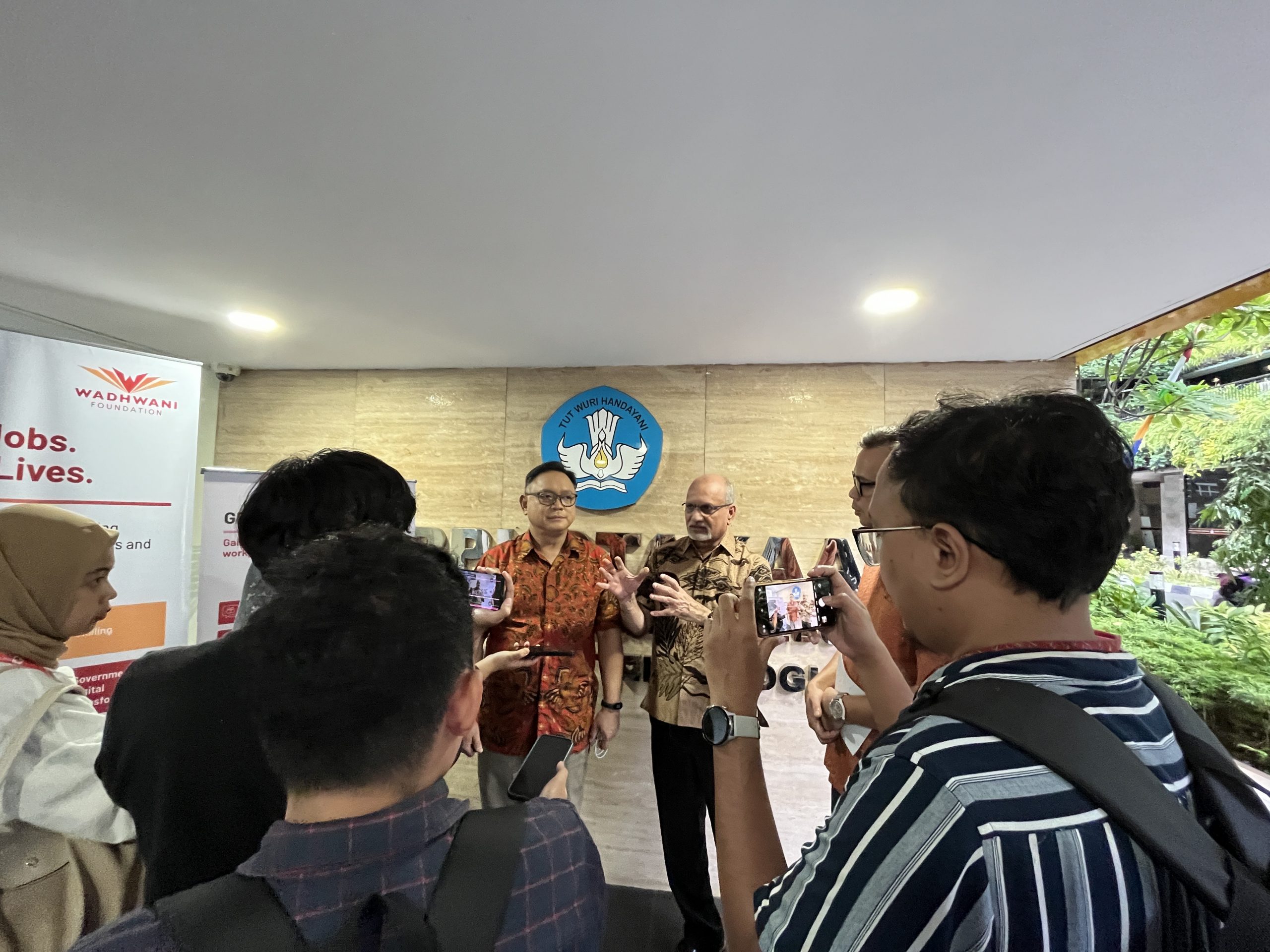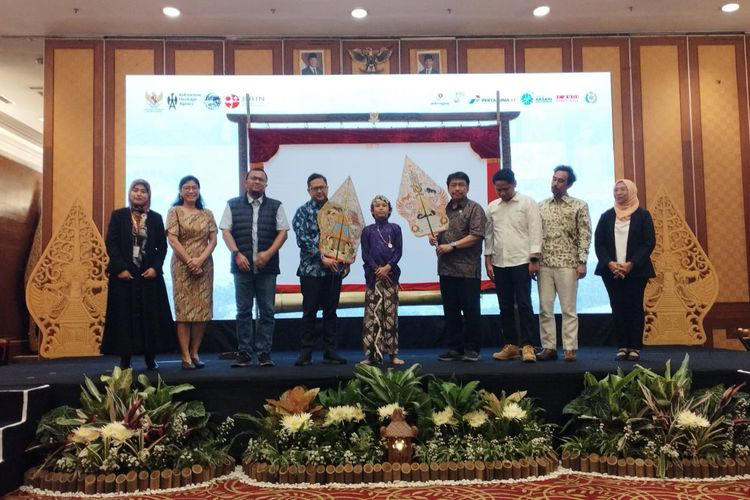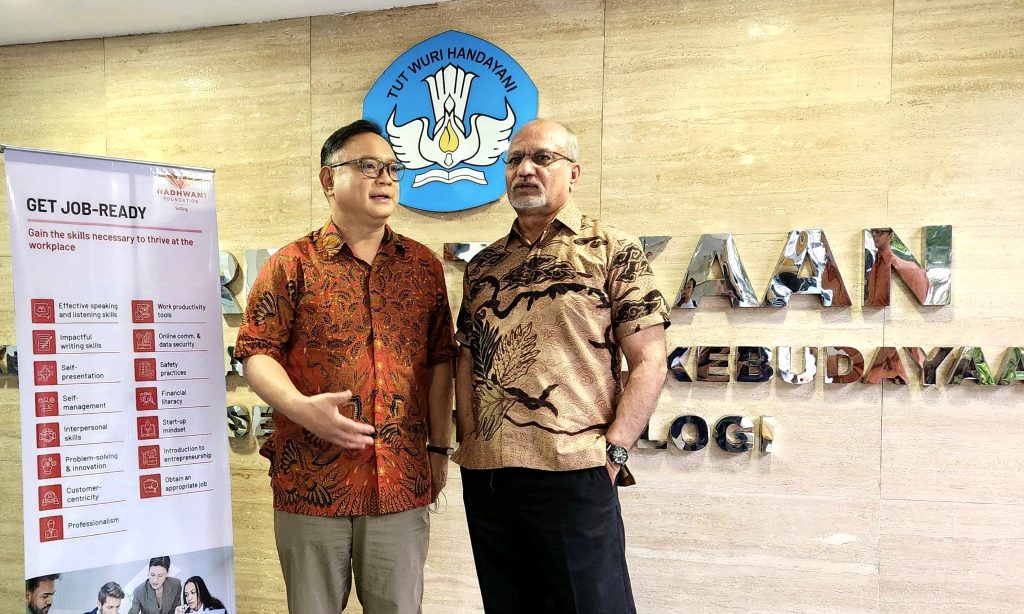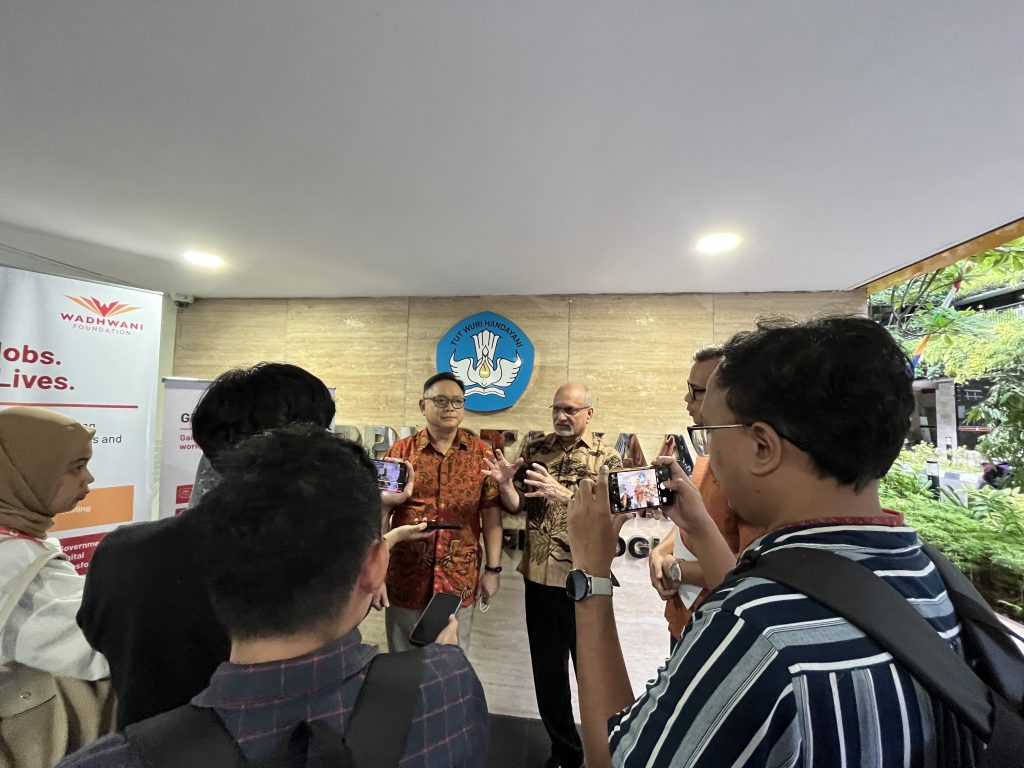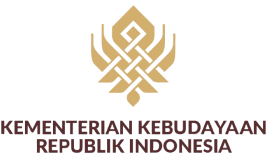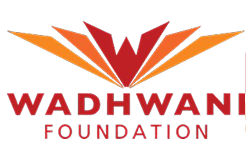Digital payments market reaches gross transaction value of $404 billion
This post is part of the e-Conomy SEA 2024 blog series presenting key insights from Indonesia’s dynamic digital landscape.

As the country’s digital financial services (DFS) sector grows, foreign financial technology (fintech) companies are starting to enter Indonesia’s credit market, which is still loosely competitive. According to this year’s report, foreign financial technology companies’ loan applications have seen user growth, reflecting consumers’ growing interest in new alternatives.

In 2022, fintech players will have a loan book balance of $5 billion, leveraging their agility and technology-driven models to reach underserved consumer segments. While still strong, traditional banks will face challenges in adapting to the rapid pace of digital transformation. In 2024, the market landscape will have changed, with foreign fintech companies playing a significant role in increasing the loan book balance in Indonesia to $9 billion. However, this market growth is due to the role of all players, both international and domestic, with large local players also contributing significantly.

Digital payments continue to post double-digit growth, with gross transaction value (GTV) reaching $404 billion, up 19% YoY from $340 billion in 2023. Indonesia has the largest and second-fastest growing digital payments market in Southeast Asia. The growing adoption of digital payments reflects the increasing integration of digital finance into everyday transactions and the potential for greater financial inclusion.

Despite its growth slowing slightly compared to the previous year, online investment remains on an upward trend. Assets under management (AUM) are projected to reach $5 billion by 2024, up 32%.
The increasing competition in the lending market has created a dynamic landscape, where both domestic and international players must innovate to survive. Traditional banks are also launching digital initiatives to maintain their position, while financial technology companies continue to improve their services to meet the changing needs of consumers.
e-Conomy SEA 2024 provides a comprehensive look at these dynamics, showing how established and emerging players are navigating the complexities of a competitive market to better serve Indonesian consumers. This evolution of the DFS sector is critical to driving financial inclusion and creating a more resilient digital economy.
Click to explore the e-Conomy SEA 2024 blog series.


